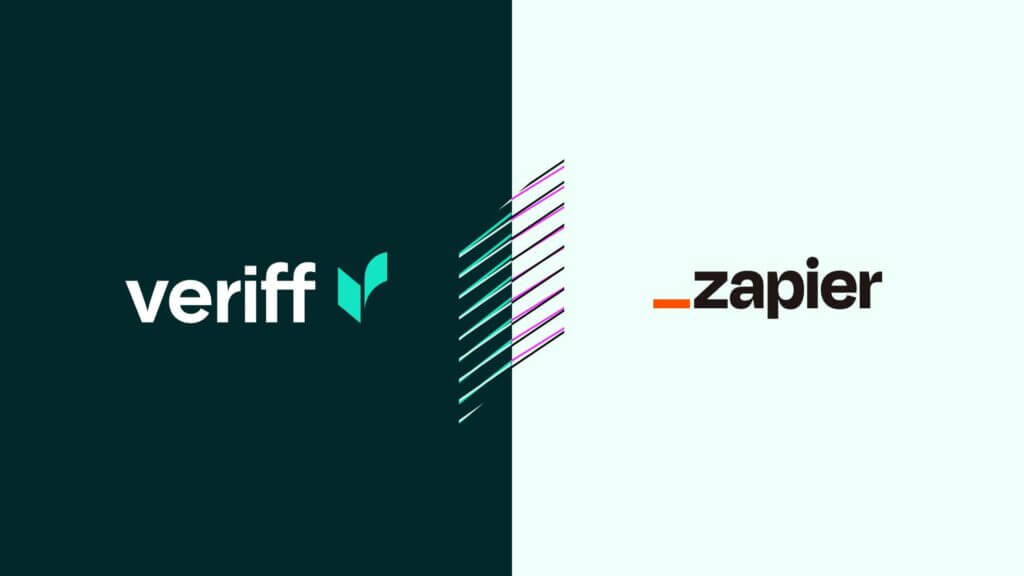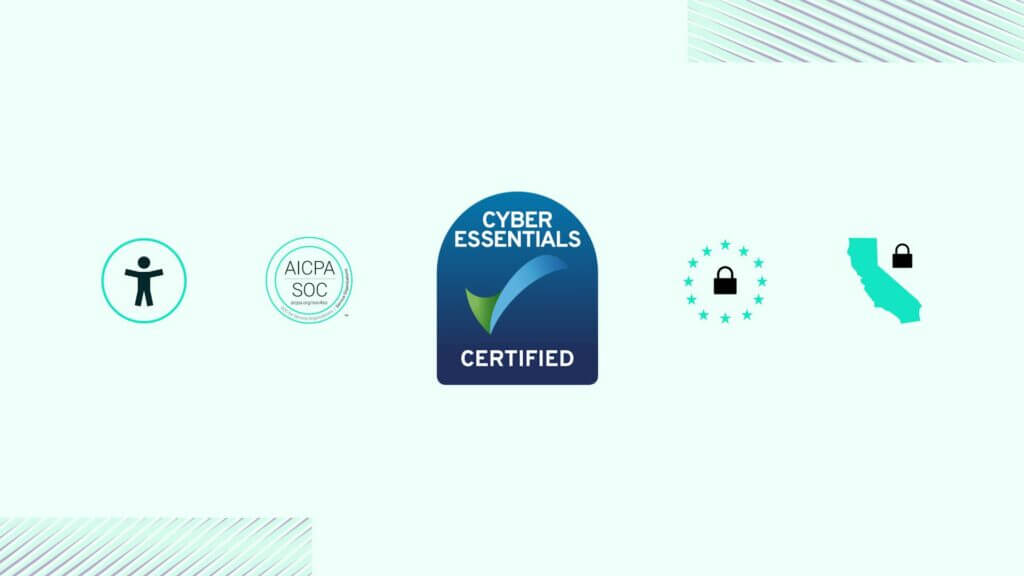Blog Post
Troubleshooting gaming compliance requirements to power growth
As the gaming industry focuses on emerging markets like Africa and Latin America, operators must ensure they comply with a range of compliance requirements, including those in some areas with gray or unregulated markets. Discover why innovative identity and age verification is key to securing growth and compliance in the time to come.

The gaming market is expanding internationally, with particular growth in emerging markets such as Africa and Latin America. As operators tap these new opportunities, they must ensure they meet a diverse range of gaming compliance requirements, including some regions with gray or unregulated markets.
Additionally, as online gaming has exploded in recent years, so too has the need for efficient customer onboarding and effective identity verification. To realize maximum commercial potential, online casinos and other gaming operators need to be able to remotely verify the age and identity of their players quickly, easily, and securely, in accordance with applicable compliance requirements.
For instance, age verification is essential in today’s gaming sector. First, it ensures that an operator’s customer base is age-appropriate, which is important from both a legal and a safety standpoint. Additionally, age verification can help to prevent underage gaming. Using a solution like Veriff’s Age Validation check enables operators to seamlessly confirm whether or not its players are above a minimum age threshold. Customers that are underage are automatically declined.

To realize maximum commercial potential, online casinos and other gaming operators need to be able to remotely verify the age and identity of their players quickly, easily, and securely, in accordance with applicable compliance requirements.
Meeting growing demand
With further growth anticipated in emerging markets, the need for identity verification in the onboarding process will only continue to grow. This is largely due to markets becoming regulated and gaming legalized, combined with the fact that many more players now have access to the internet and mobile phones, attracting established operators and new firms to expand their services to emerging markets.
Indeed, the gaming sector is seeing a growing customer base which likes the convenience and range of games that are available through their devices, shaping customer expectations for the service they receive. They also appreciate the bonuses and the loyalty programs that are offered by online casinos, online slots, and other digital services. Technology has also made it easier for players to use services while on the move.
Building brand security
However, there are several important dimensions to compliance that gaming operators must deliver. Perhaps most importantly, it is essential if businesses are to meet the demands of global regulatory standards. Effective compliance also has a major supplementary benefit. It can help operators deliver the best possible user experience, with players confident they are engaging with a trusted brand.
This reputational benefit is relevant in the market concerned, whether it be in Africa, Latin America or an established market. However, it also has wider implications. A US or Europe-based operator must show their home regulators that they have behaved in an exemplary manner, even when operating in a market far from home.
Addressing the KYC challenge
Know your customer (KYC) requirements are central to compliance demands. The use of identity verification is not only limited to the gaming industry. In fact, it is becoming increasingly common in other industries as well. For example, many online retailers and banking firms now use remote identity verification as part of their KYC requirements.
KYC is based on two major forms of documentation – proof of identity and proof of address. This ranges from ID cards to passports and financial references. The individual is then asked to provide a selfie, which must pass realness and liveness checks, before the person’s identity is confirmed through face biometrics.
Fast decisions
A 98% check automation rate gets customers through in about 6 seconds.
Simple experience
Real-time end user feedback and fewer steps gets 95% of users through on the first try.
Document coverage
An unmatched 12K+, and growing, government-issued IDs are covered.
More conversions
Up to 30% more customer conversions with superior accuracy and user experience.
Better fraud detection
Veriff’s data-driven fraud detection is consistent, auditable, and reliably detects fraudulent forms of identification.
Scalability embedded
Veriff’s POA can grow with your company’s needs and keep up with times of increased user demand.
Complying with local regulations
Globally, each jurisdiction operates its own rules and regulations with regards to KYC and anti-money laundering (AML). Across countries in Africa, regulatory systems are strengthening and improving. These changes are transforming regional compliance standards and opening up new business opportunities. For instance, in South Africa live dealer casino games and eSports betting continue to grow at pace.
In Latin America, each nation has its own laws governing lotteries, casinos, and sports betting, leading to a patchwork of legislation and a combination of gray and unregulated markets. Brazil, Mexico, and Colombia were the key forces behind the expansion of online gaming, with Colombia the first Latin American country to regulate gaming. In recent years, federal regulations in Brazil are being considered to legalize online sports bettings, which if passed, dozens of physical casinos and hundreds of bingo parlors would join a sizable new market for all types of online gaming.
The benefit of identity verification today
How can operators meet demands for the speediest and most accurate compliance process, while ensuring the most convenient customer experience? Technology provides the answer.
Veriff’s solution is tried and tested in the marketplace around the world, ensuring speed and accuracy for players by deploying AI to address age verification, identity verification requirements, and a smooth user experience. The Identity Verification (IDV) solution works alongside sanctions checks to ensure you remain on the right side of compliance demands.
In the absence of a global standard, companies must wrestle with an almost bewildering array of rules and regulations if they are to build their businesses in new and existing markets and avoid any problems on the legal side. Products such as Veriff’s IDV, Age Validation, AML, and KYC solutions ensure operators maintain regulatory compliance, while boosting customer conversions through a simple, unobtrusive process.

Get more details
Discover more about how IDV is powering gaming business growth and customer acquisition.














